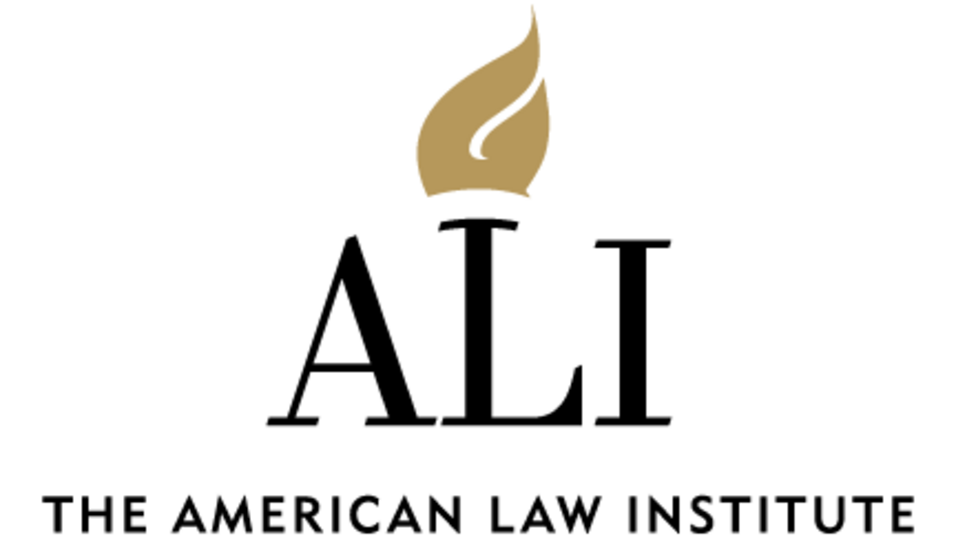This flagship project, conducted jointly by the American Law Institute (ALI) and ELI, was already approved by ELI Council on 1 September 2021, and earlier by ALI Council and Membership.
The Principles (Final Council Draft available for free download here), which have already influenced discussions internationally (including work done by the European Commission, the United Nations Commission on International Trade Law (UNCITRAL), the German Data Ethics Commission and the Data Governance Working Group of the Global Partnership on Artificial Intelligence (GPAI), among others), are intended for use in various legal systems, irrespective of the otherwise applicable legal framework and beyond the traditional divide between civil and common law.
They are designed to make existing law in the field of the data economy more coherent and to inspire further development of the law by courts and legislators worldwide. The Principles are timely, not least in light of the European Commission’s upcoming Data Act, which is due to be published in the last quarter of 2021. ELI also played a role in influencing discussions on the forthcoming Data Act by submitting a Response, drawn from key aspects of the ALI-ELI Principles, to a Public Consultation on the Data Act and by discussing both the Principles and the response in a session with the Commission on 20 September 2021.
The Principles will be presented and discussed at a Conference, which will take place online, from 18–19 October 2021. More information, including the programme and registration link is available here.
ELI wishes yet again to congratulate Project Reporters, Professor Neil Cohen and Professor Christiane Wendehorst as well as Project Chairs, Lord John Thomas and Steven O Weise for their timely work and its immense achievement. Gratitude is also due to the members of the Advisory Committee and Members Consultative Committee of both organisations, who provided comments and support to the Team throughout the lifespan of the project.
On the European side, the project is generously funded by the Fritz Thyssen Foundation, to which ELI is extremely grateful.

